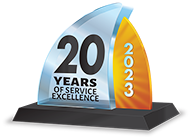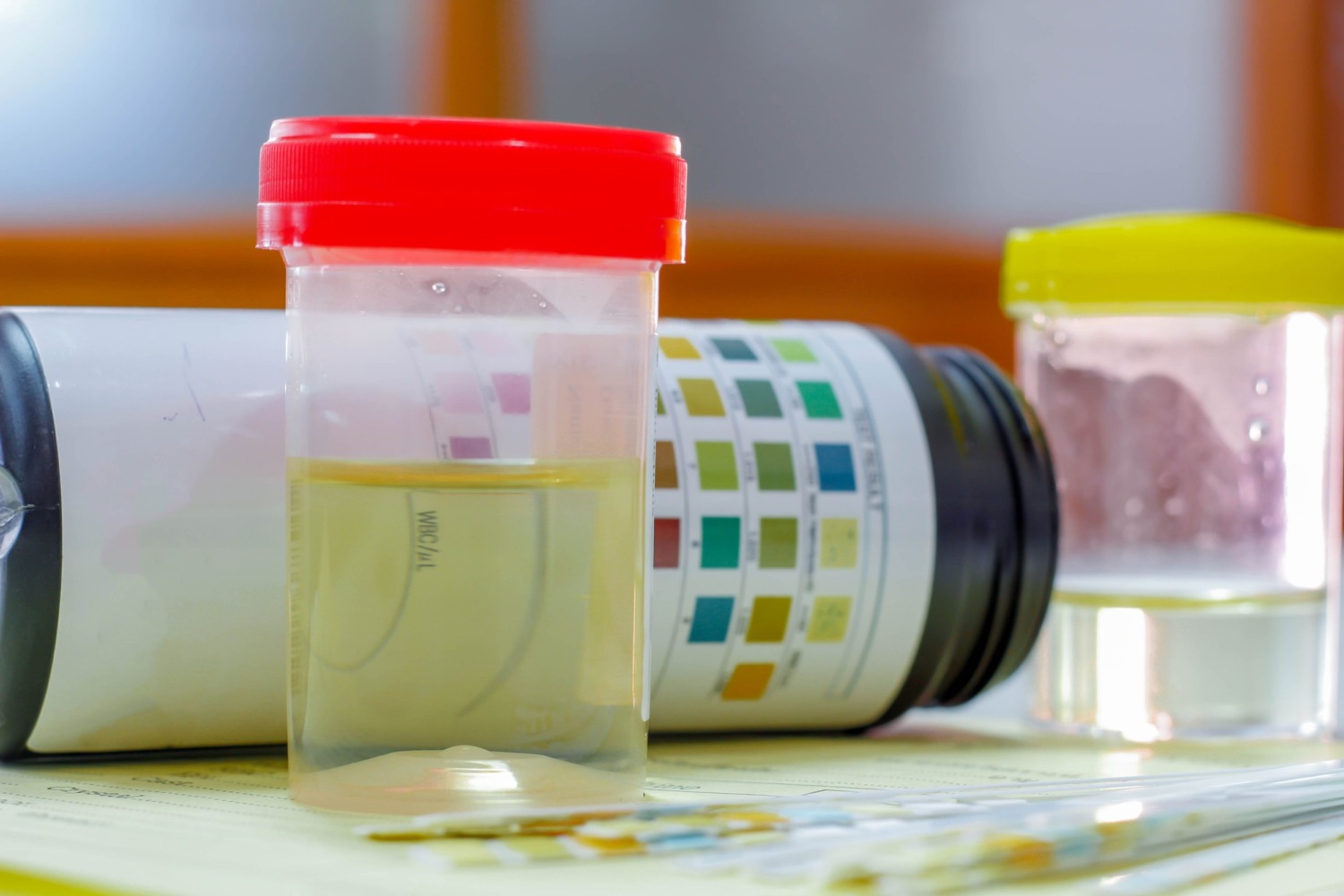Employee Drug Testing and Your Job
Employee drug testing is becoming more common in the workplace. Unfortunately, these tests are often necessary to ensure not only required productivity, but also the basic safety of every employee. Regular tests ensure a drug-free work environment that is both well-functioning and non-threatening. The rest of the staff, therefore, has better peace of mind knowing their work environment is free of the dangers of substance abuse.
Benefits of Employee Drug Testing
Continuous testing of current and new employees helps stop substance abuse in the workplace. Some of the benefits of these tests reported by employers include:
- Lowered healthcare costs for employees.
- Superior performance met with better morale and productivity.
- Lower levels of accidents, missed attendance, turnover, employee theft, and downtime.
- Staying compliant with federal regulations.
- Safer workspaces for all employees.
The Omnibus Transportation Employee Testing Act
This act was passed and enforced in 1991 because the United States Congress recognized the need for a drug and alcohol free transportation industry. This law makes it mandatory for safety-sensitive employees to undergo drug and alcohol testing. The Omnibus Transportation Employee Testing Act has benefited the public immensely by catching substance abuse before it leads to dangerous situations.
Stages of DOT-Mandated Employee Drug Testing
There are several stages of drug testing frequencies. Pre-employment drug tests are usually the first that people encounter, but others will follow. Below are the most common types of drug testing:
1. Pre-employment
This testing occurs before the person begins employment and is designed to protect employers from hiring anyone who abuses drugs or alcohol.
2. Random
This testing uses a random selection process to determine the frequency of tests and which employees are tested. This is often used to deter current employees from substance abuse.
3. Reasonable Suspicion
This testing occurs when an employer has reasonable suspicion that an employee is under the influence of drugs and/or alcohol.
4. Return-to-Duty
This testing is conducted after an employee has tested positive, completed the return to duty process, and their SAP has determined compliance of the recommended treatment and/or education program.
5. Follow-up
This testing takes place after an employee has completed the return to duty process to ensure they are remaining substance free while in the workplace.
Failing a Test and Finding a SAP
All safety-sensitive job functions and responsibilities are suspended immediately following a failed test. Getting started with a SAP program is essential to getting back to work quickly. To find a SAP, connect with a service agent like SAP Referral Services (SRS). SRS can schedule an employee with a qualified SAP quickly and easily.
Get in touch with SRS today for more information on finding a SAP near you. We can typically schedule you with a SAP in your area in 72-business hours.


